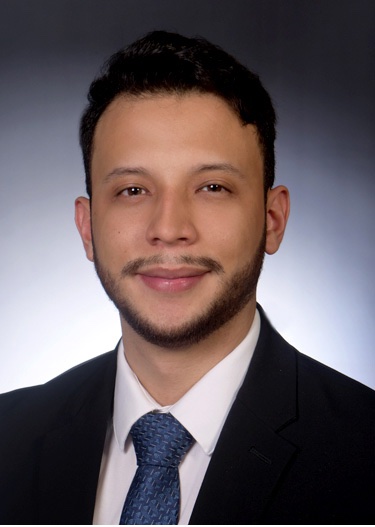106 Best Alcohol and Drug Rehabs in Los Angeles, CA 2025
Substance abuse disorders, also known as substance use disorders (SUDs), are chronic, relapsing conditions characterized by an individual’s compulsive use of substances despite adverse consequences. These disorders impact a person’s ability to function normally in daily life and can lead to significant health, social, and legal issues. The rehabilitation process is crucial for those struggling with addiction because it provides a structured environment where individuals can focus on their recovery without the distractions and triggers of their everyday lives.
Los Angeles, like many major cities, presents both challenges and opportunities for individuals dealing with addiction. The city offers rehabilitation facilities, from detox centers to long-term residential programs, addressing different needs and preferences. However, living in a large, urban environment like Los Angeles can also present difficulties, such as exposure to high-stress environments and easy access to substances. Finding a supportive community and engaging in local recovery programs can be essential for maintaining progress in treatment.
This article will explore substance abuse statistics in Los Angeles, types of rehab centers, costs, services, and practical advice for finding the best rehab facility to fulfill your needs. Below, you can explore some of the top rehab centers in Los Angeles:
106 Treatment Centers in Los Angeles, CA


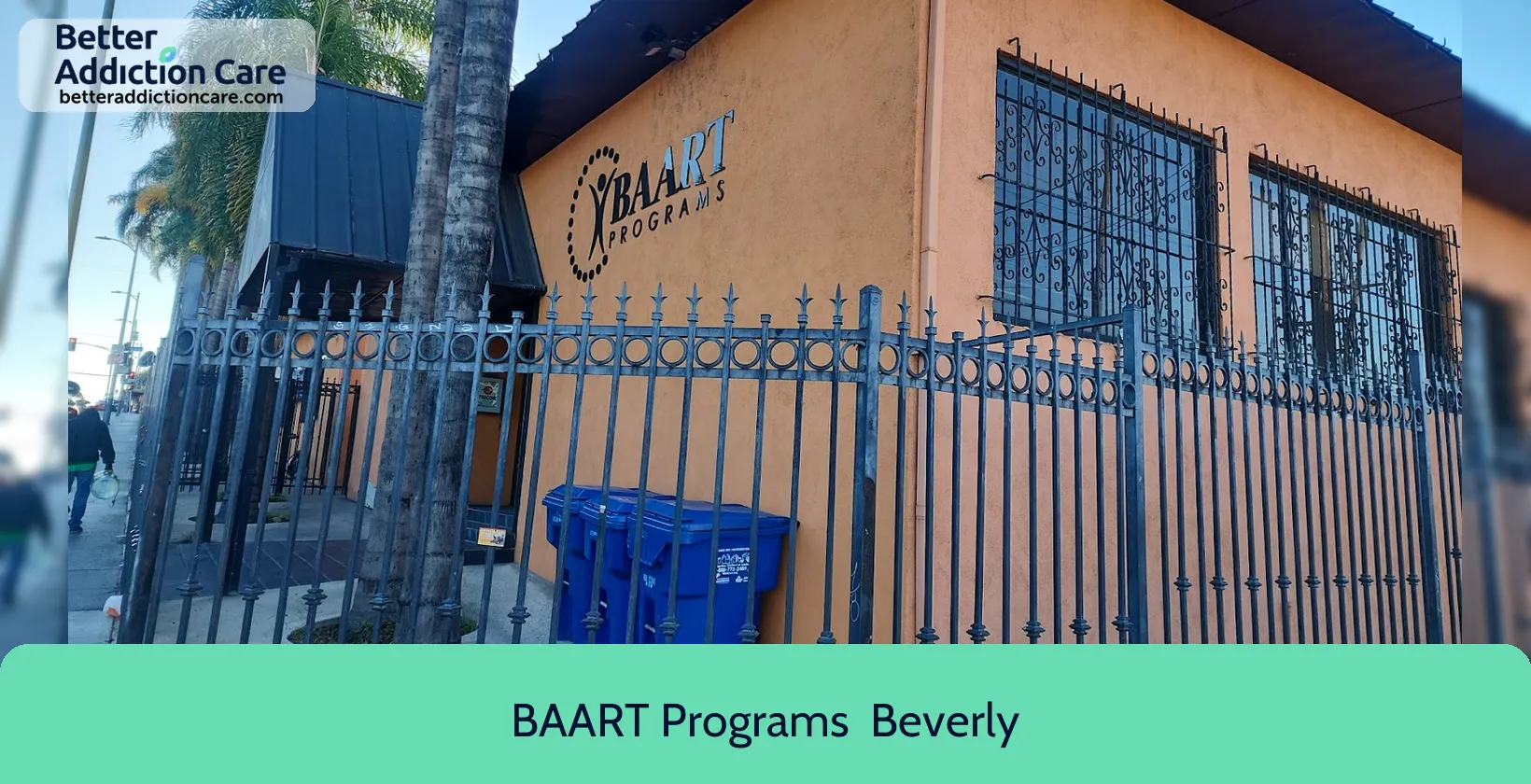


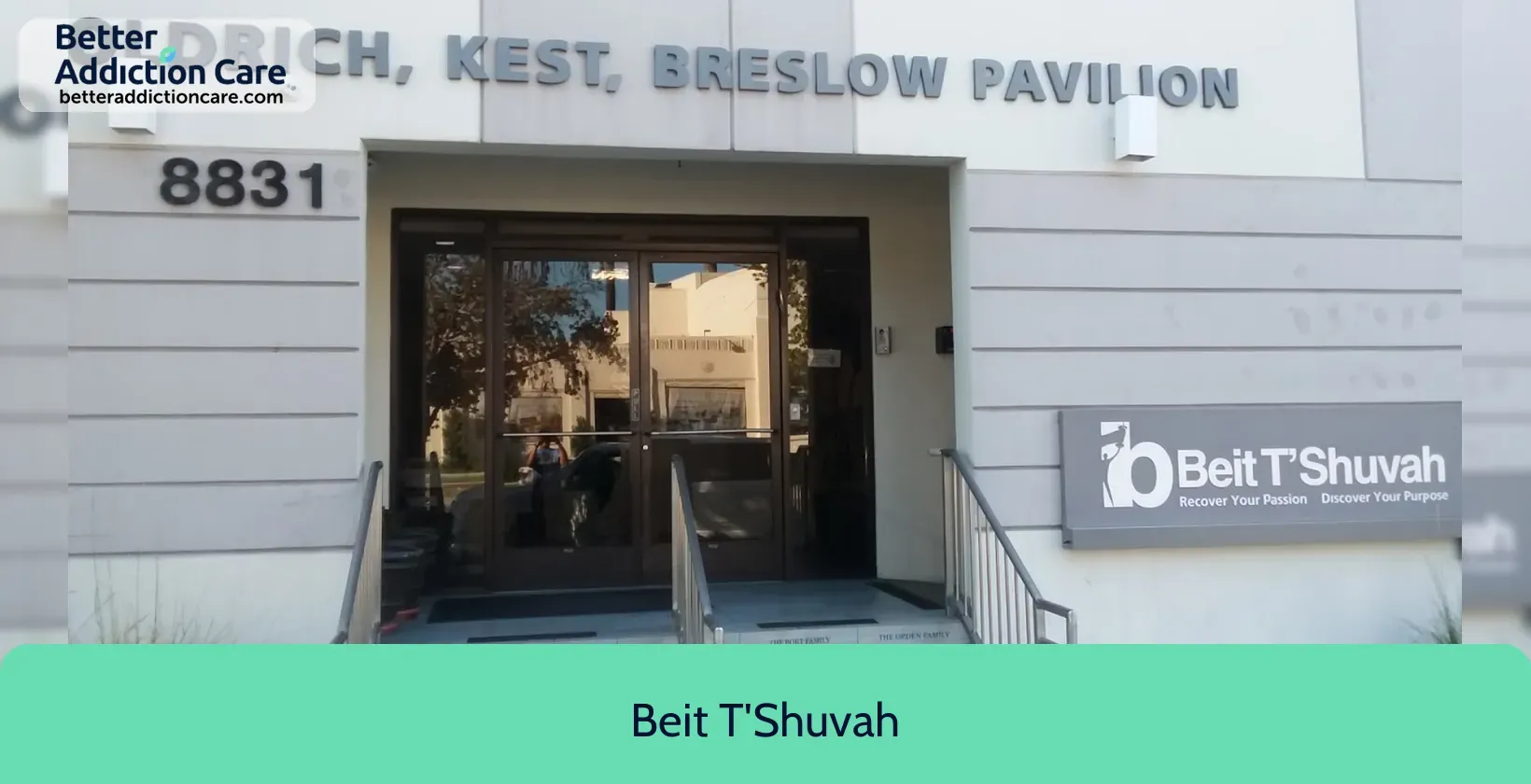
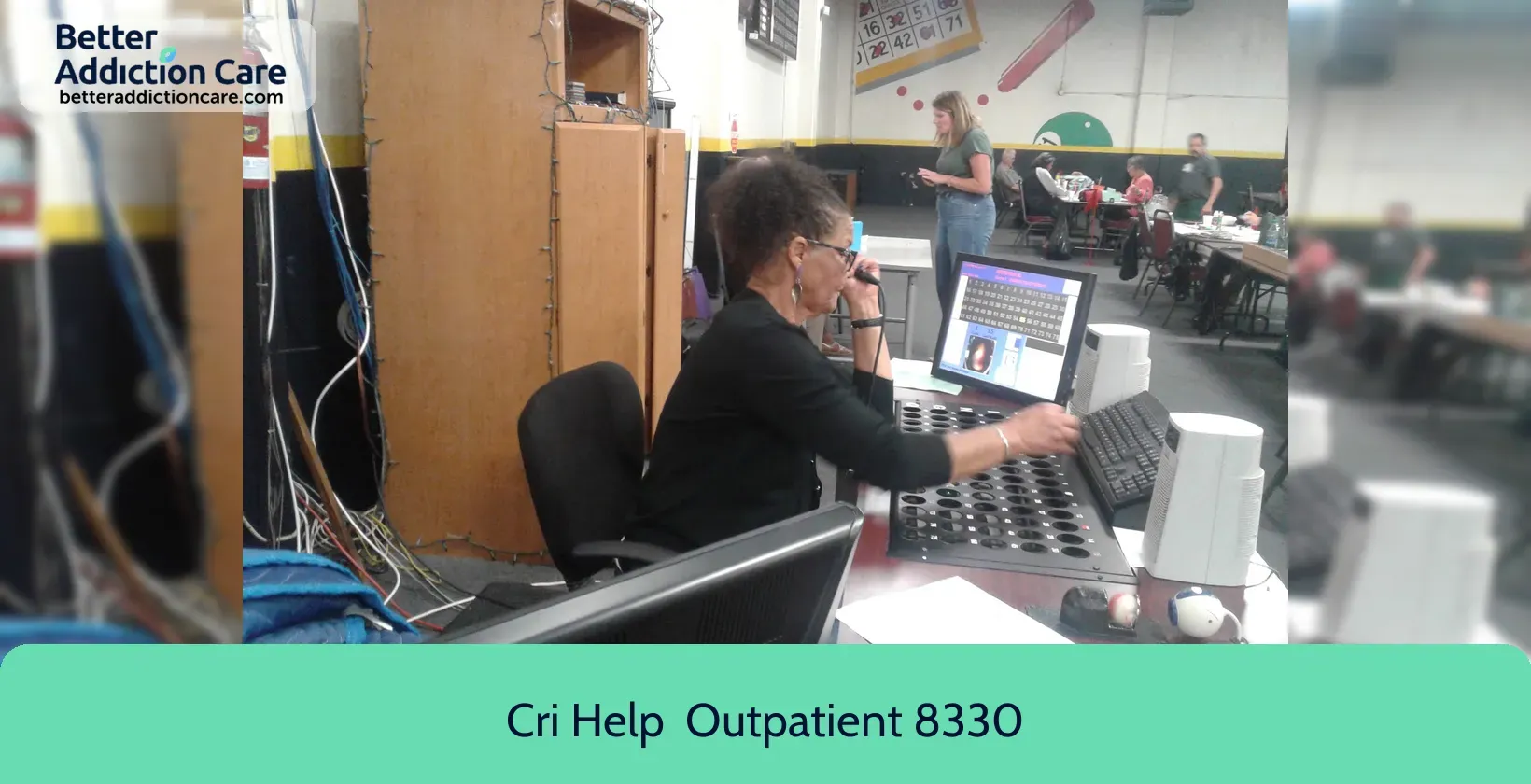

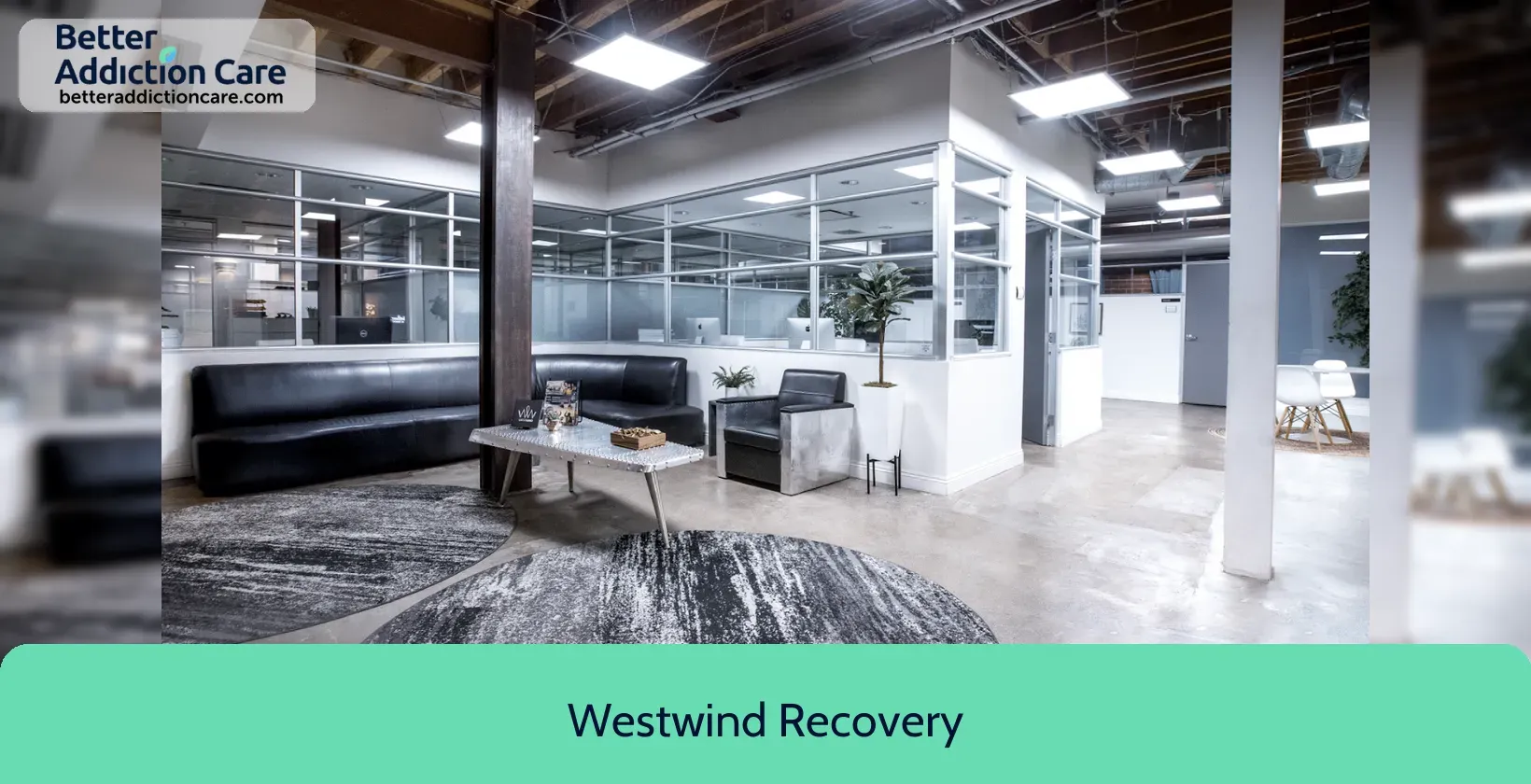




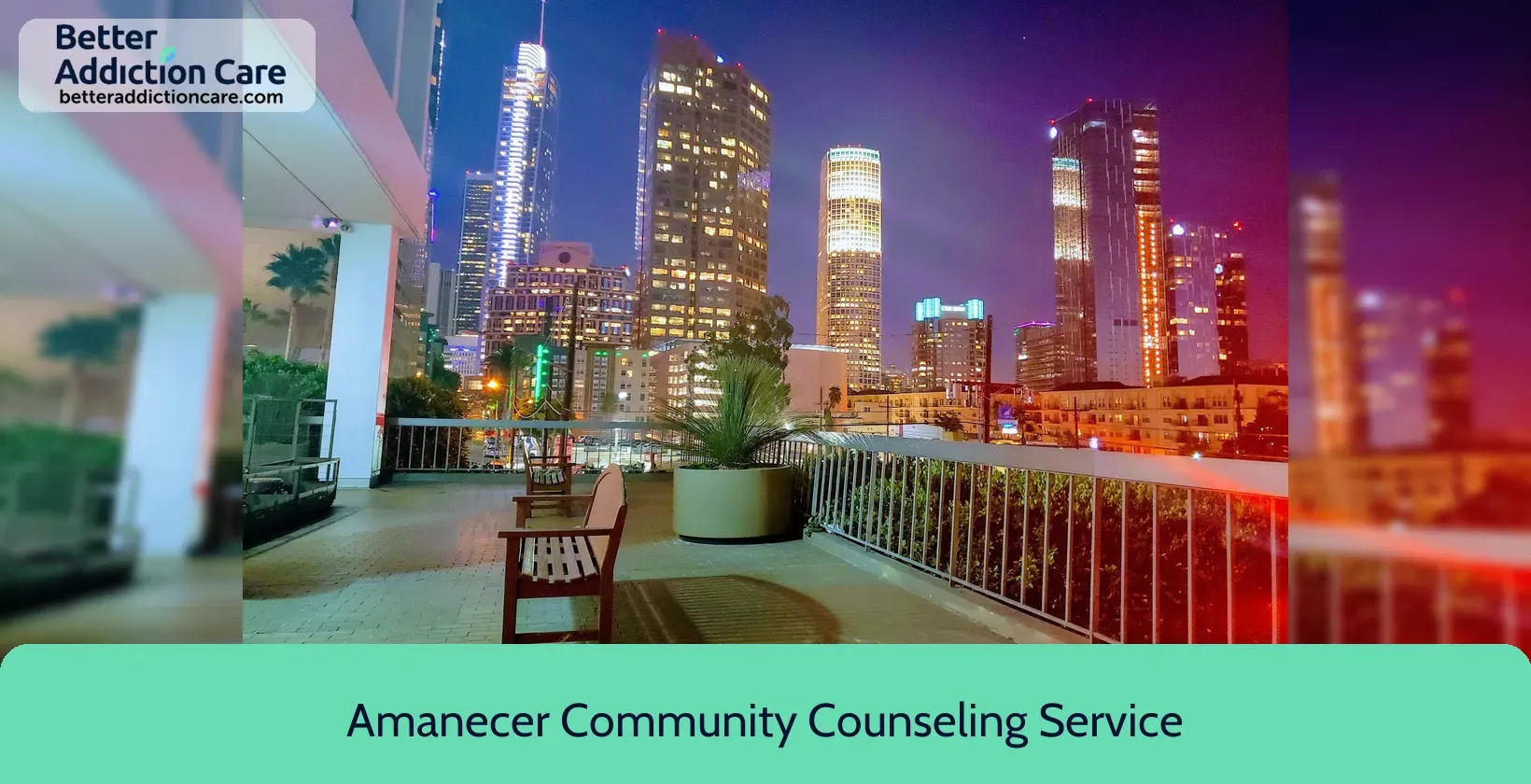

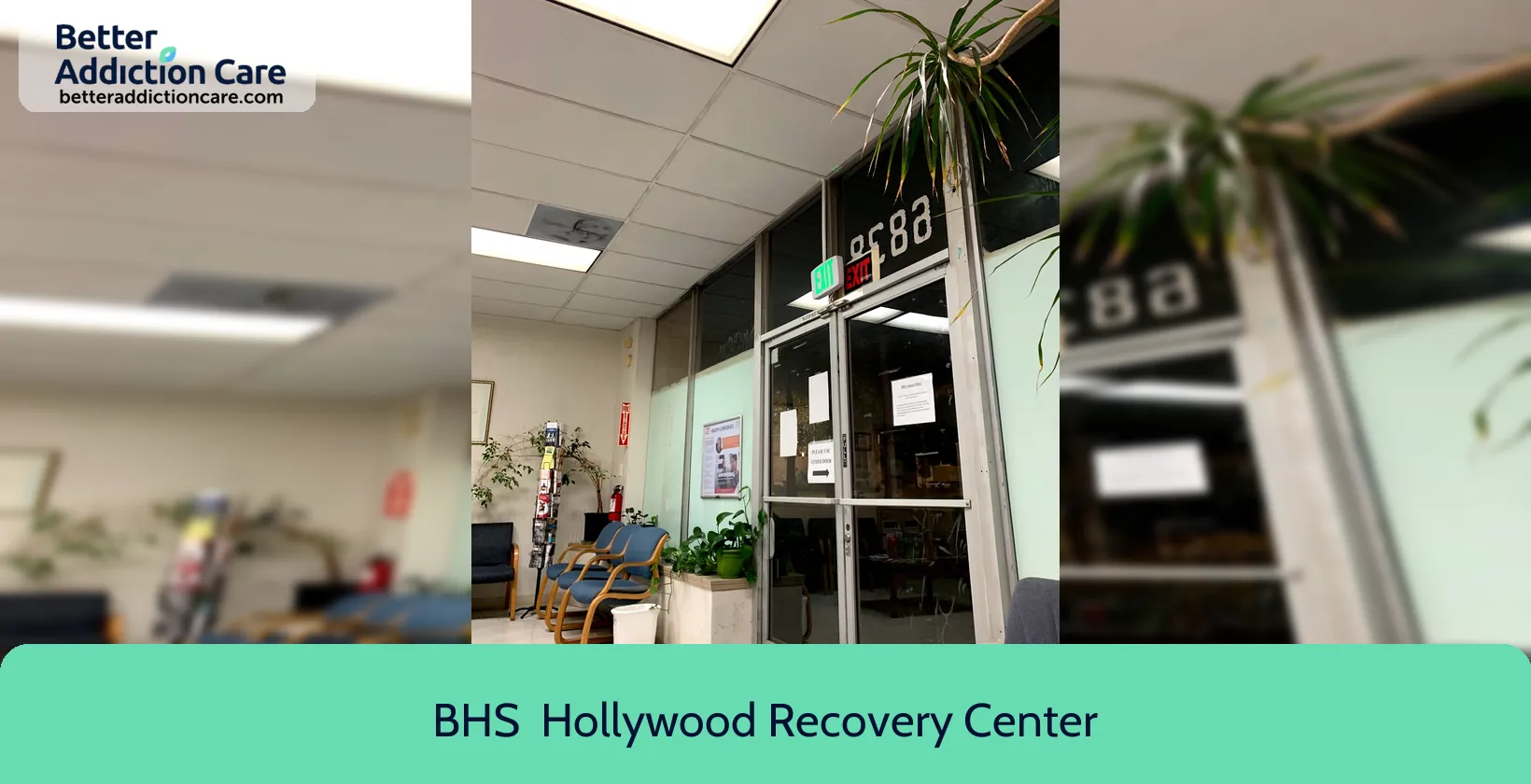
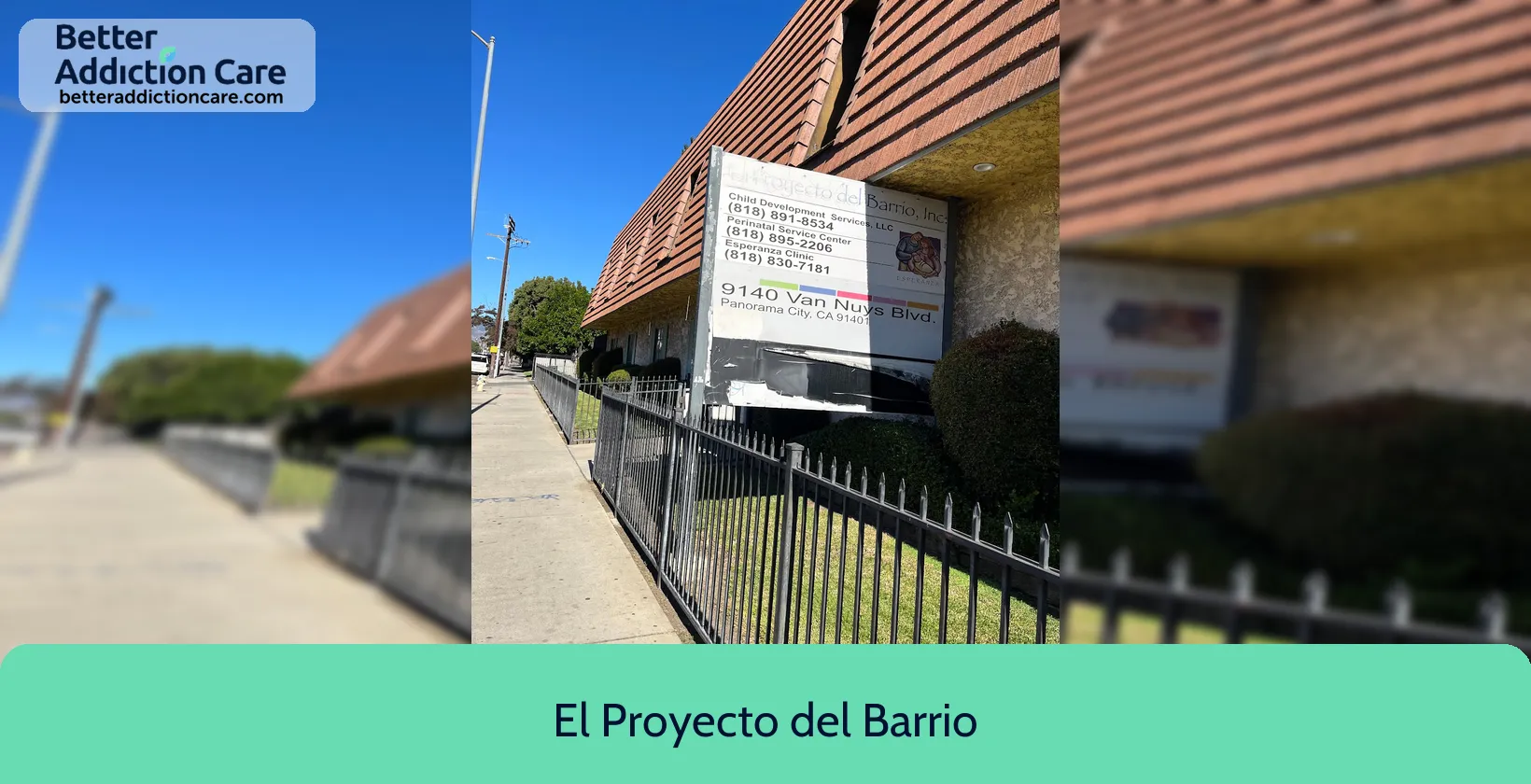
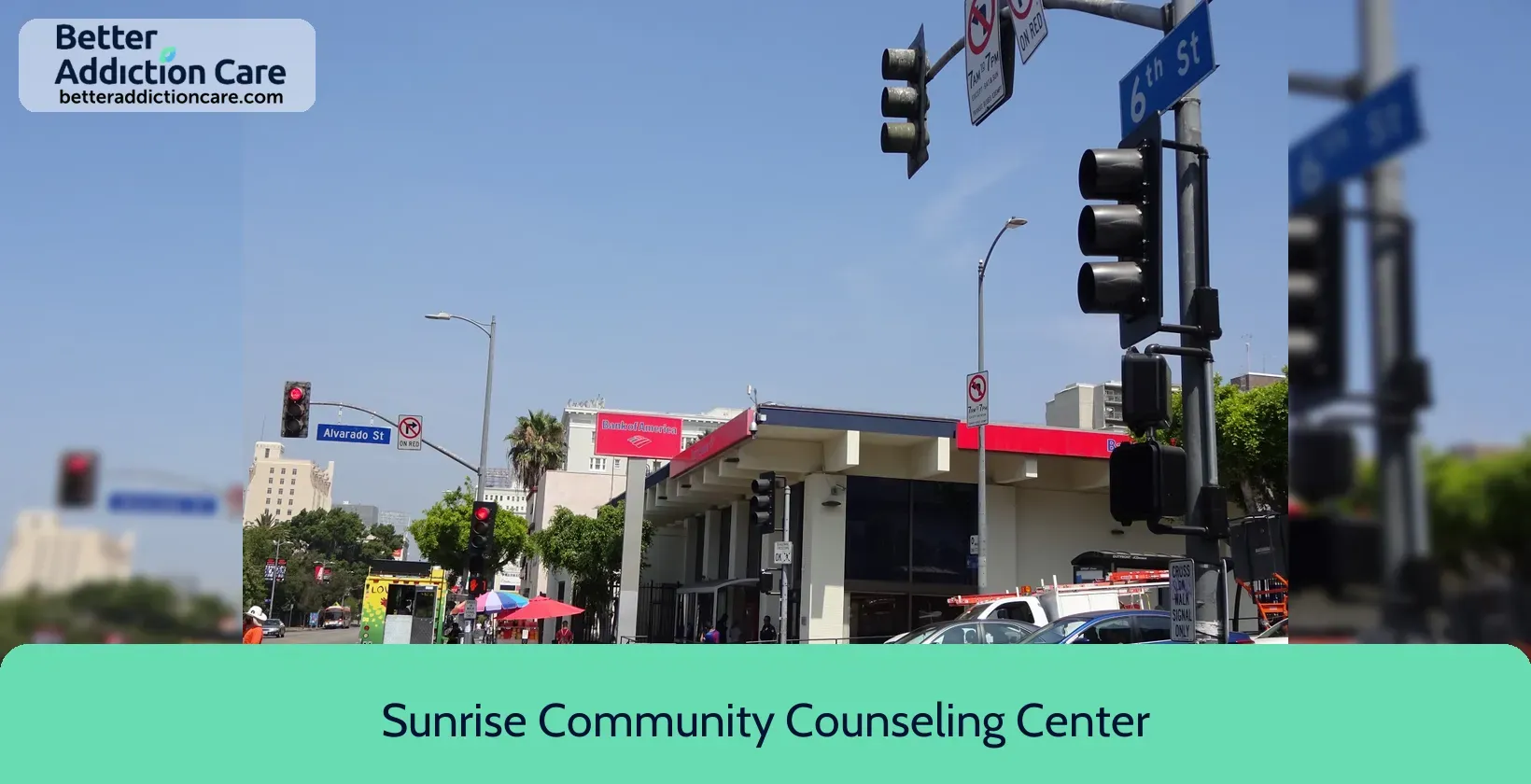

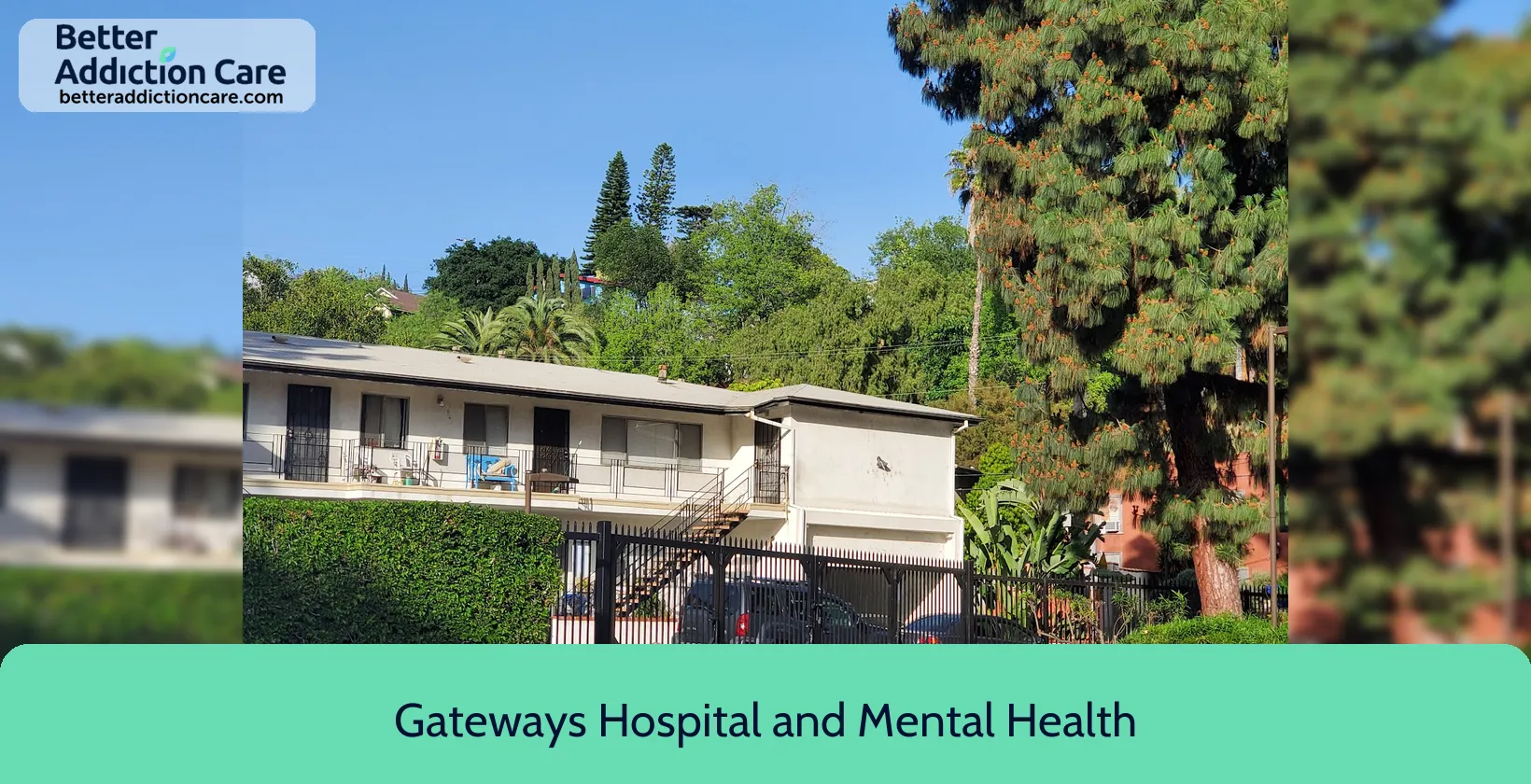



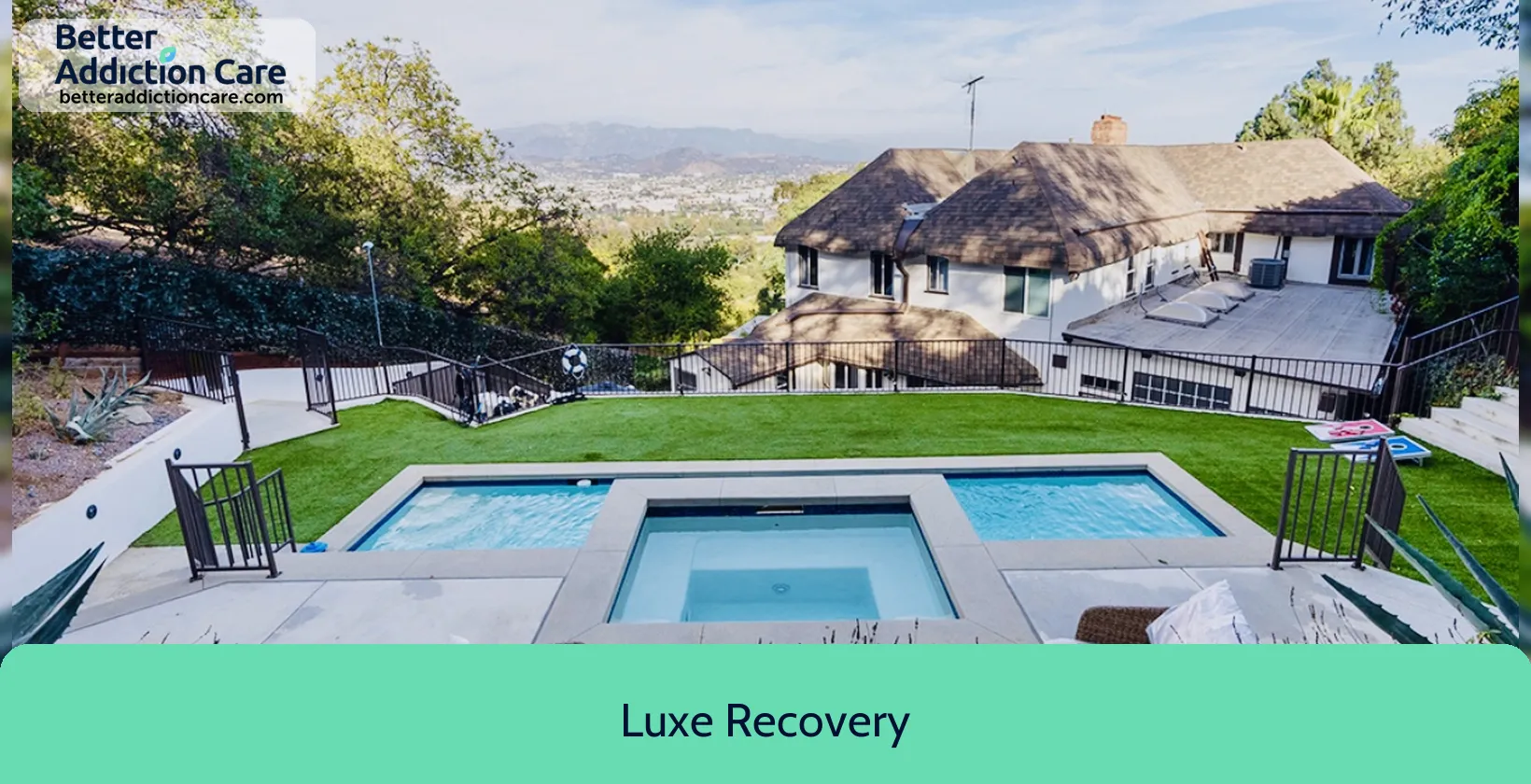



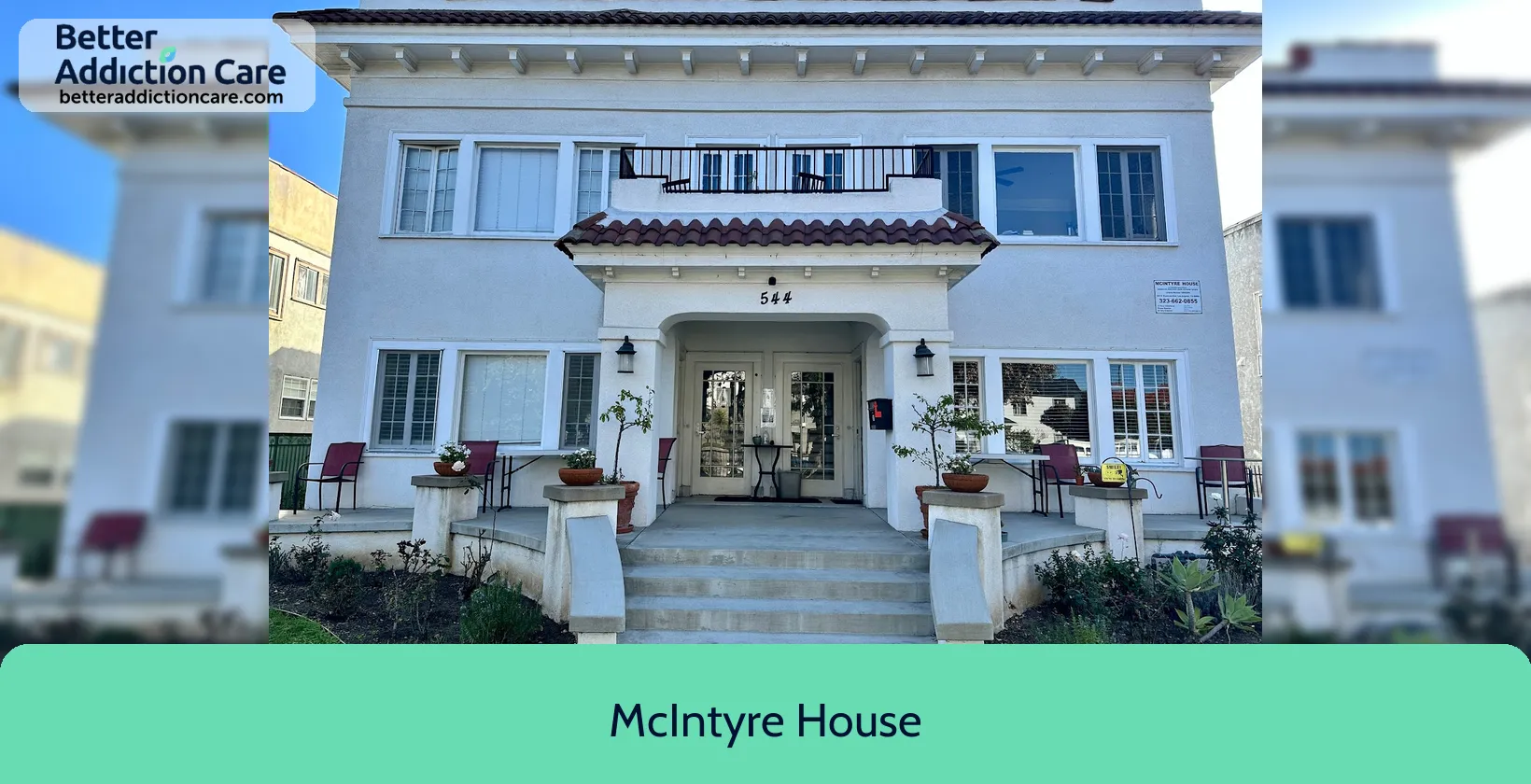
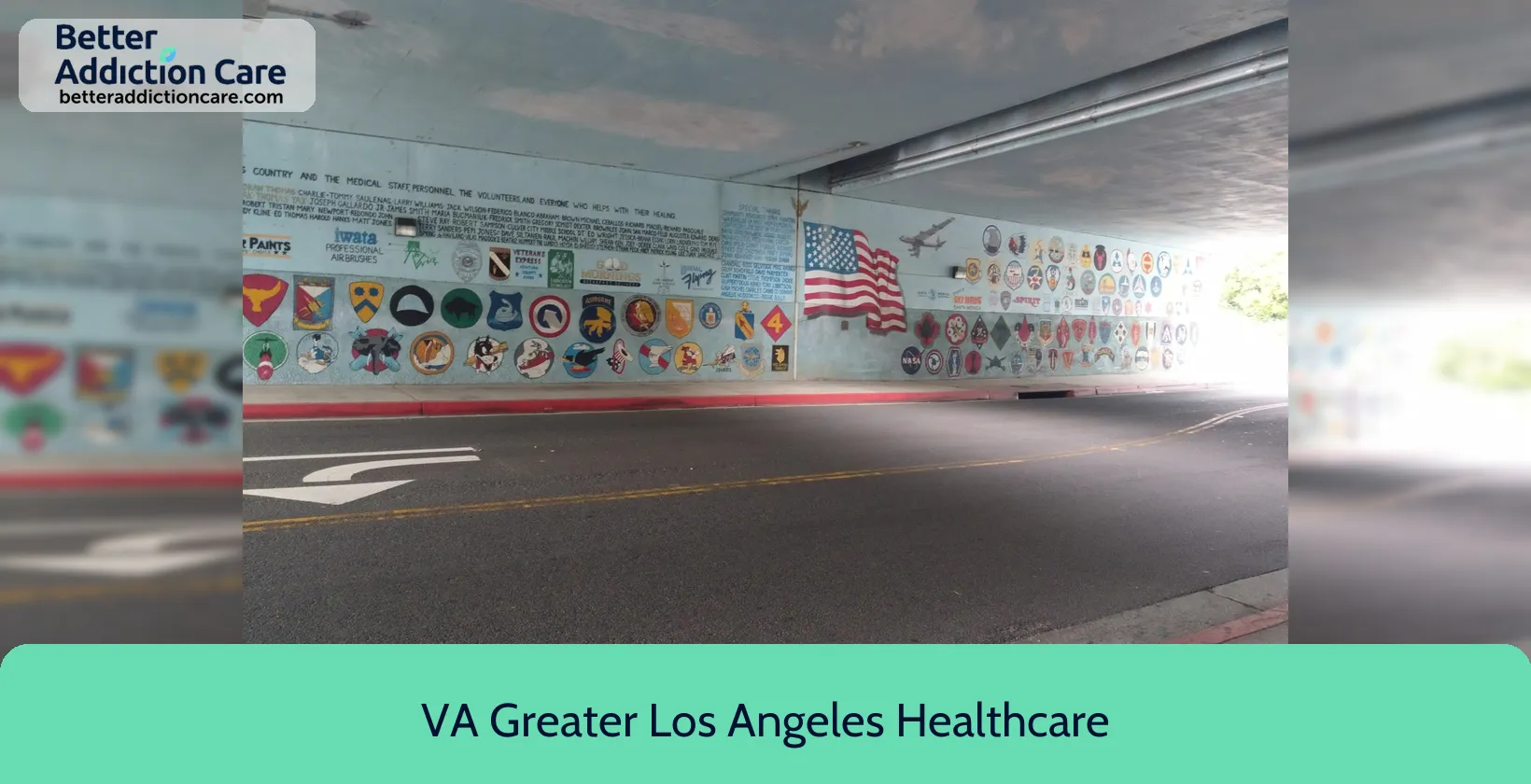

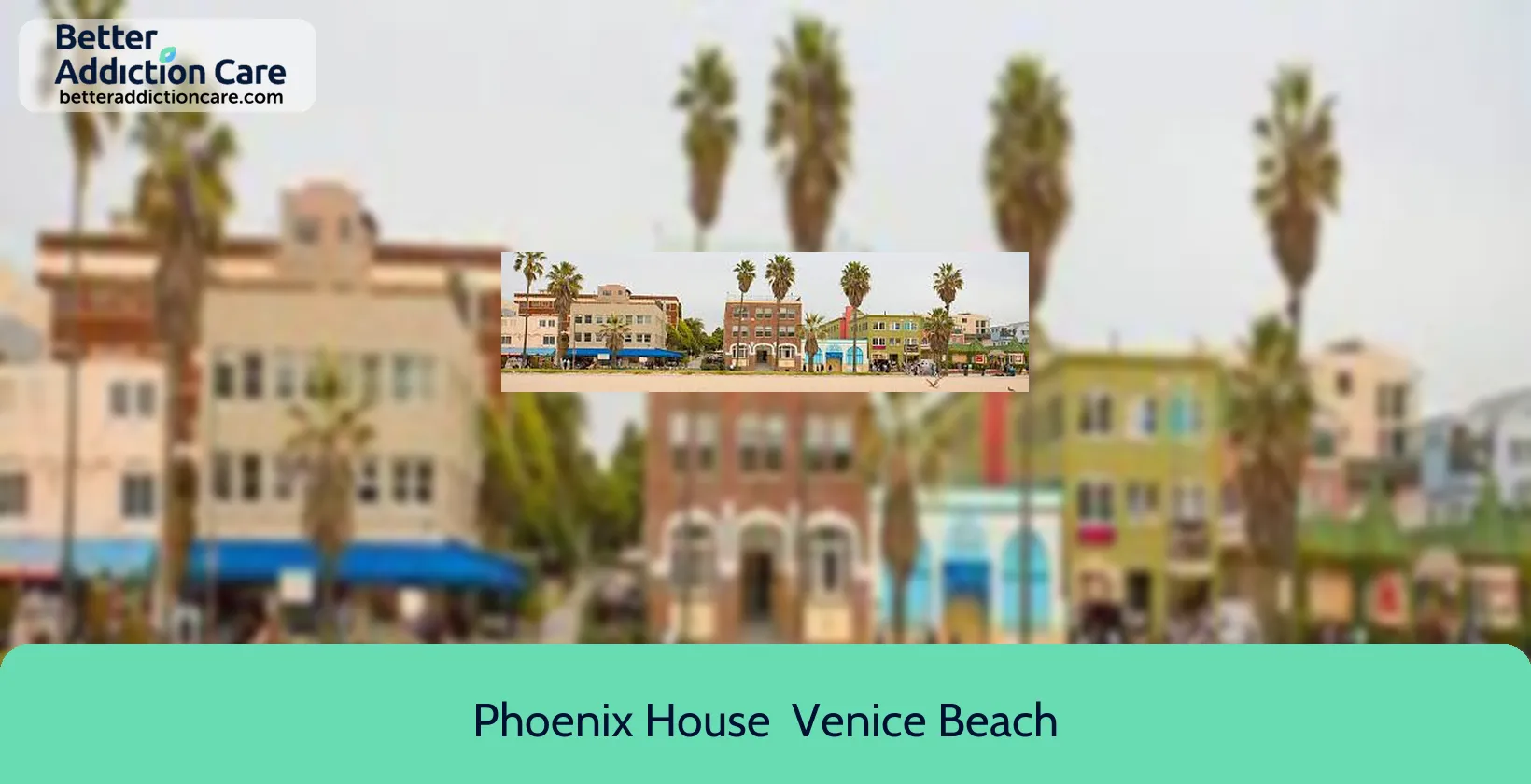
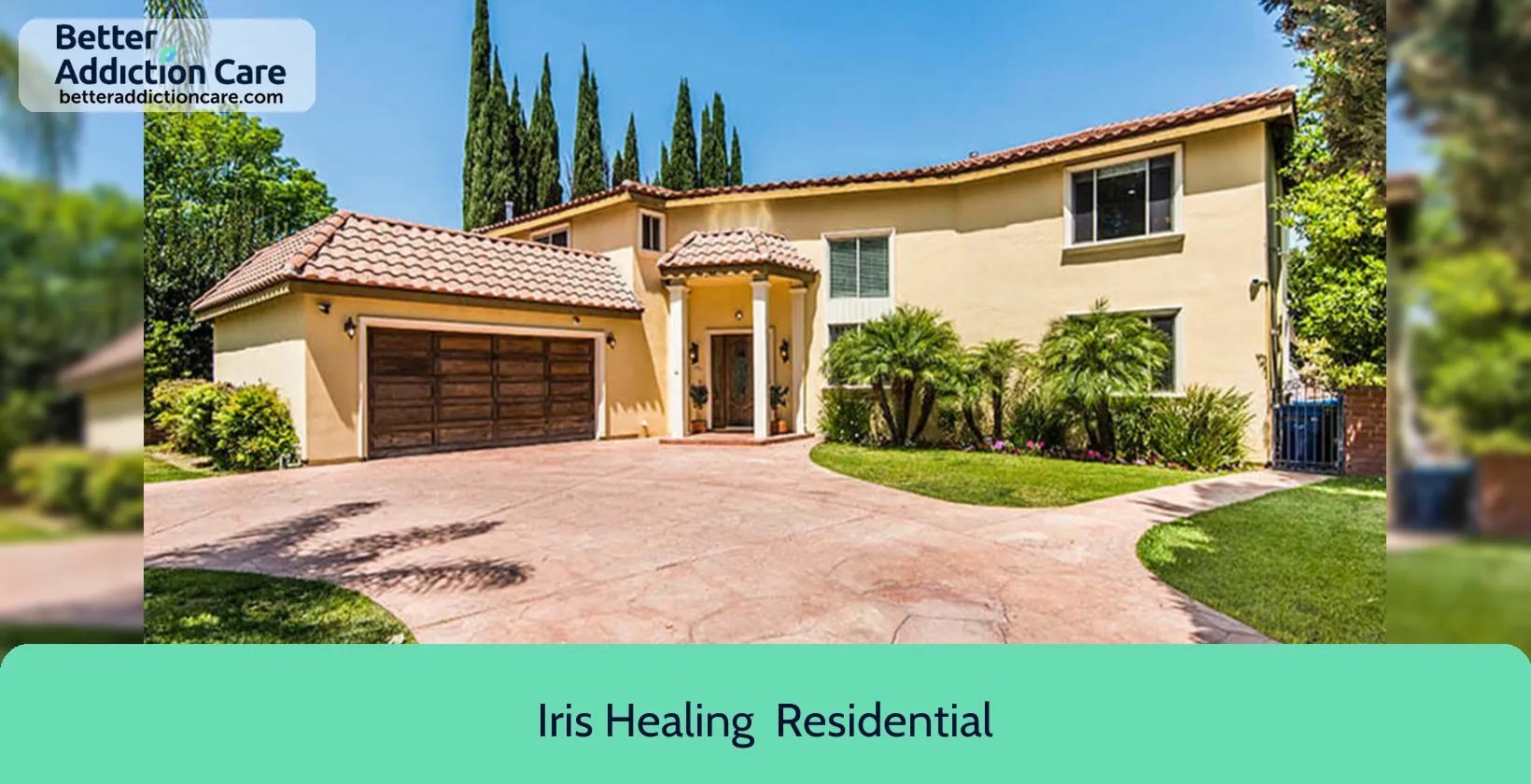
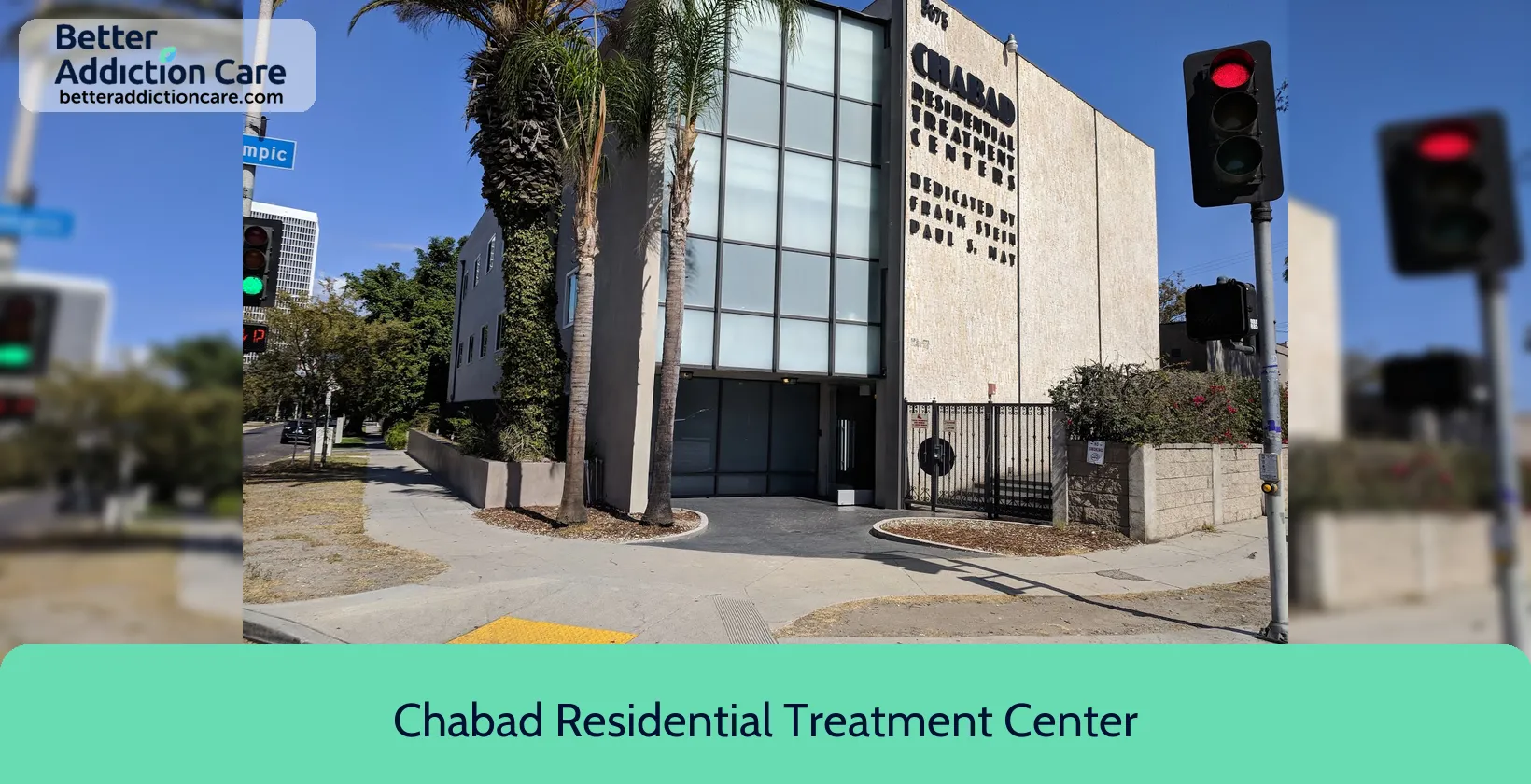

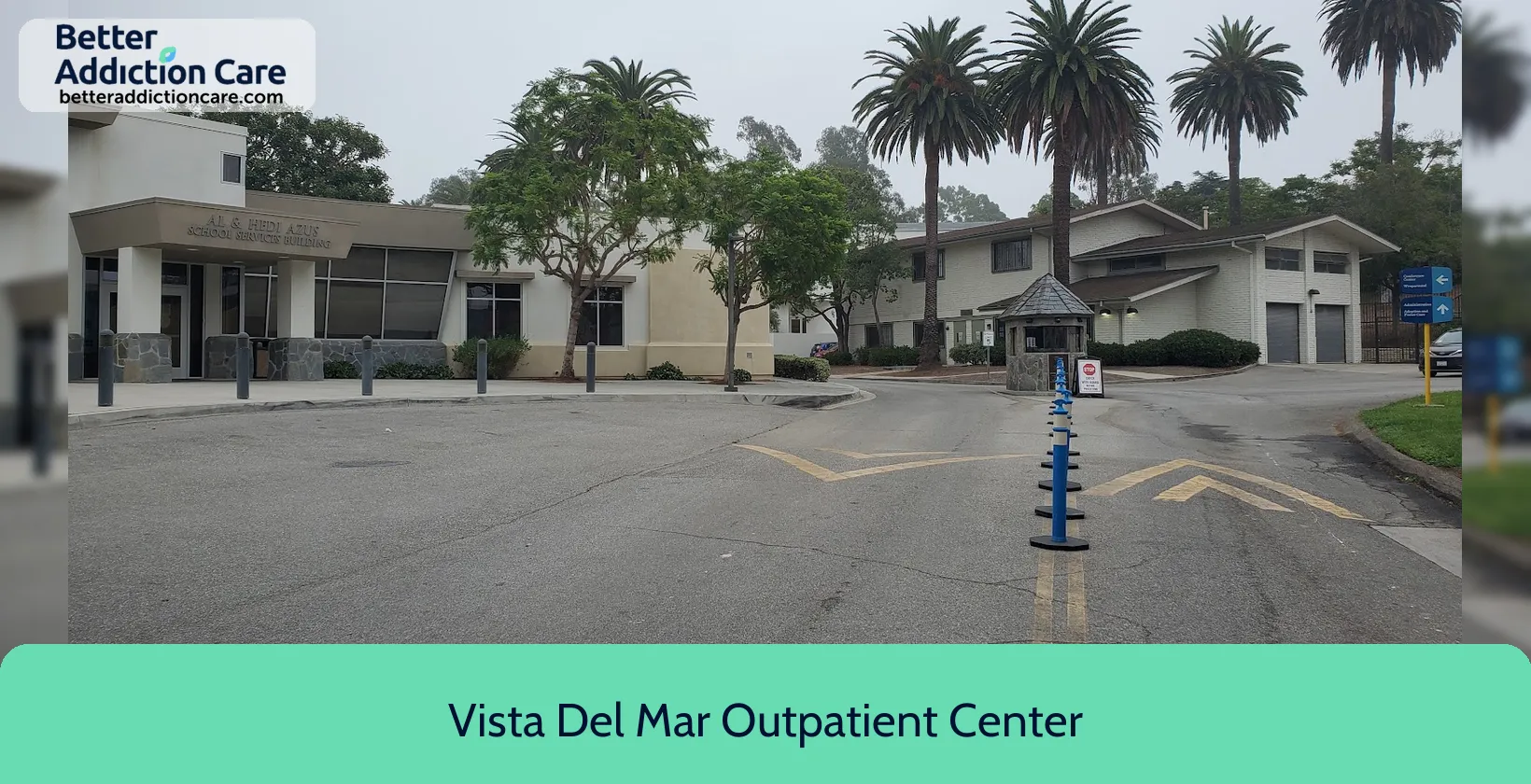
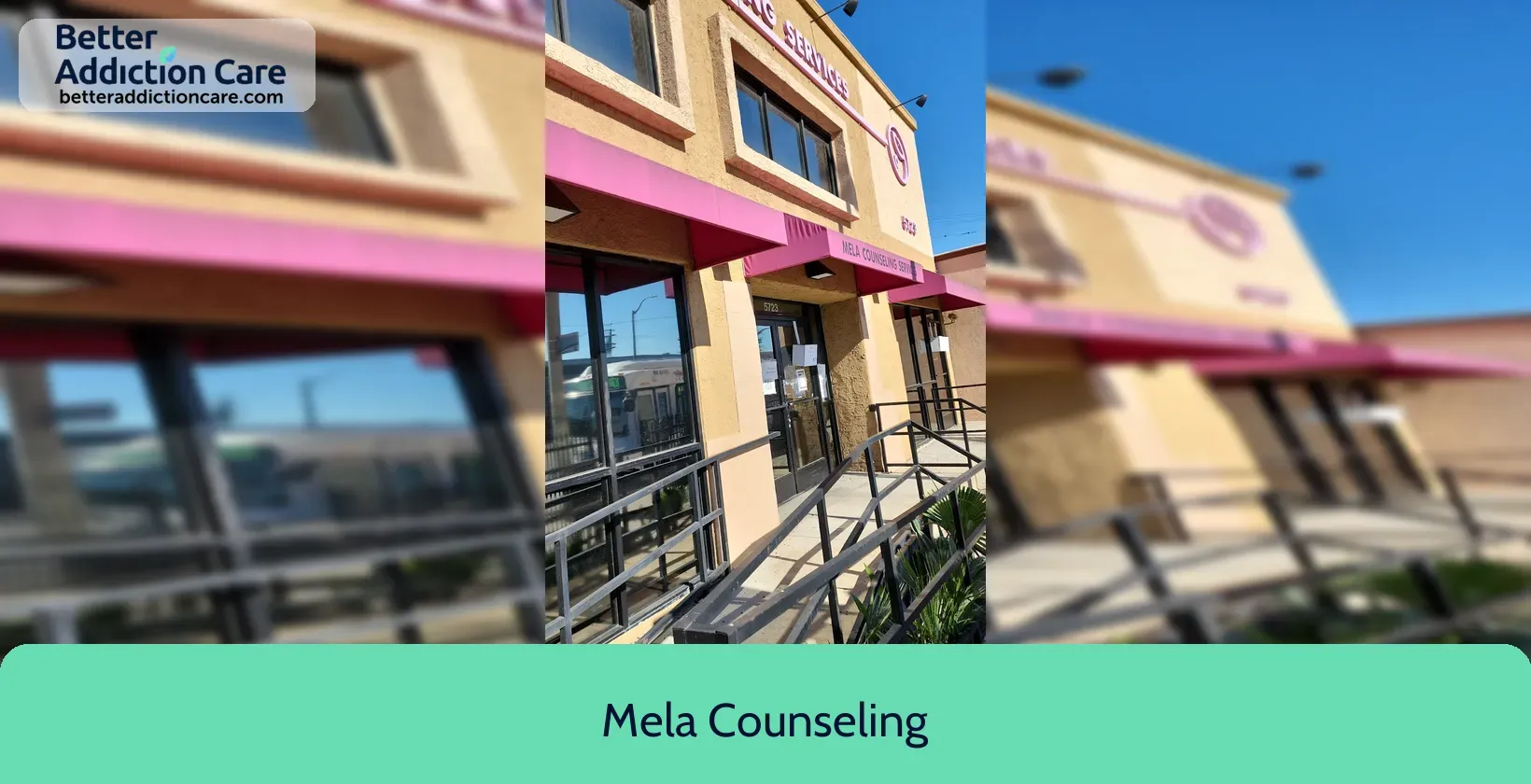

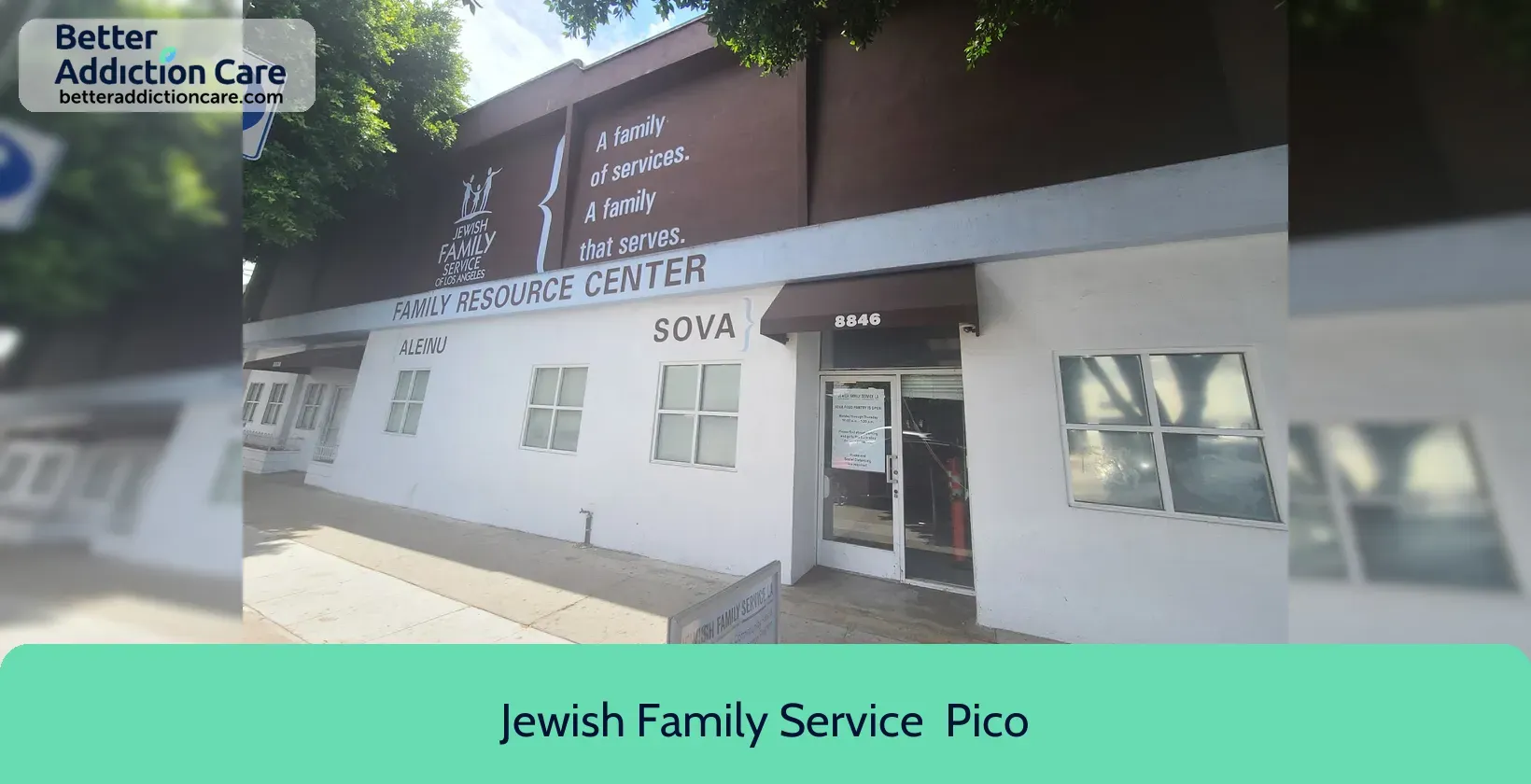
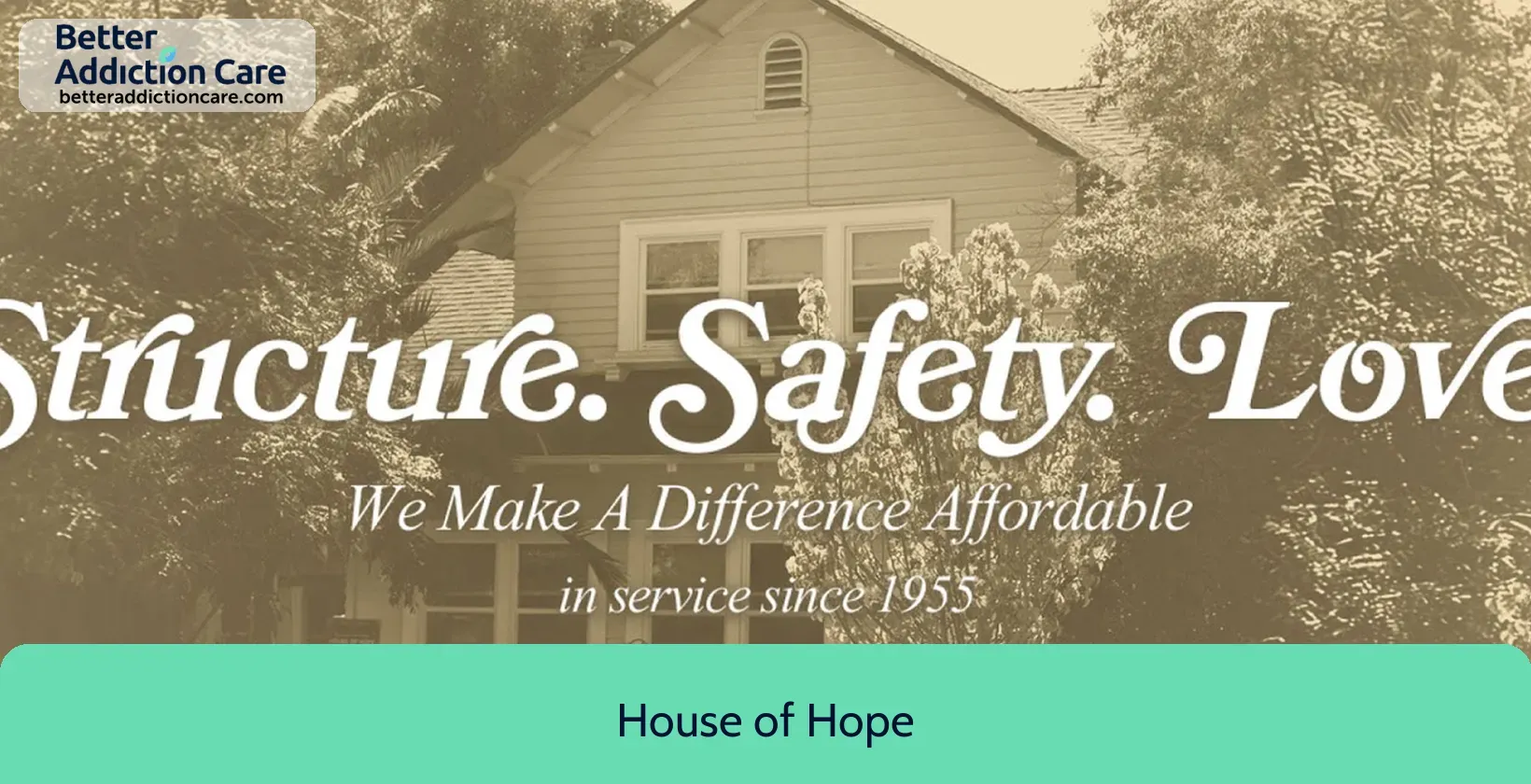

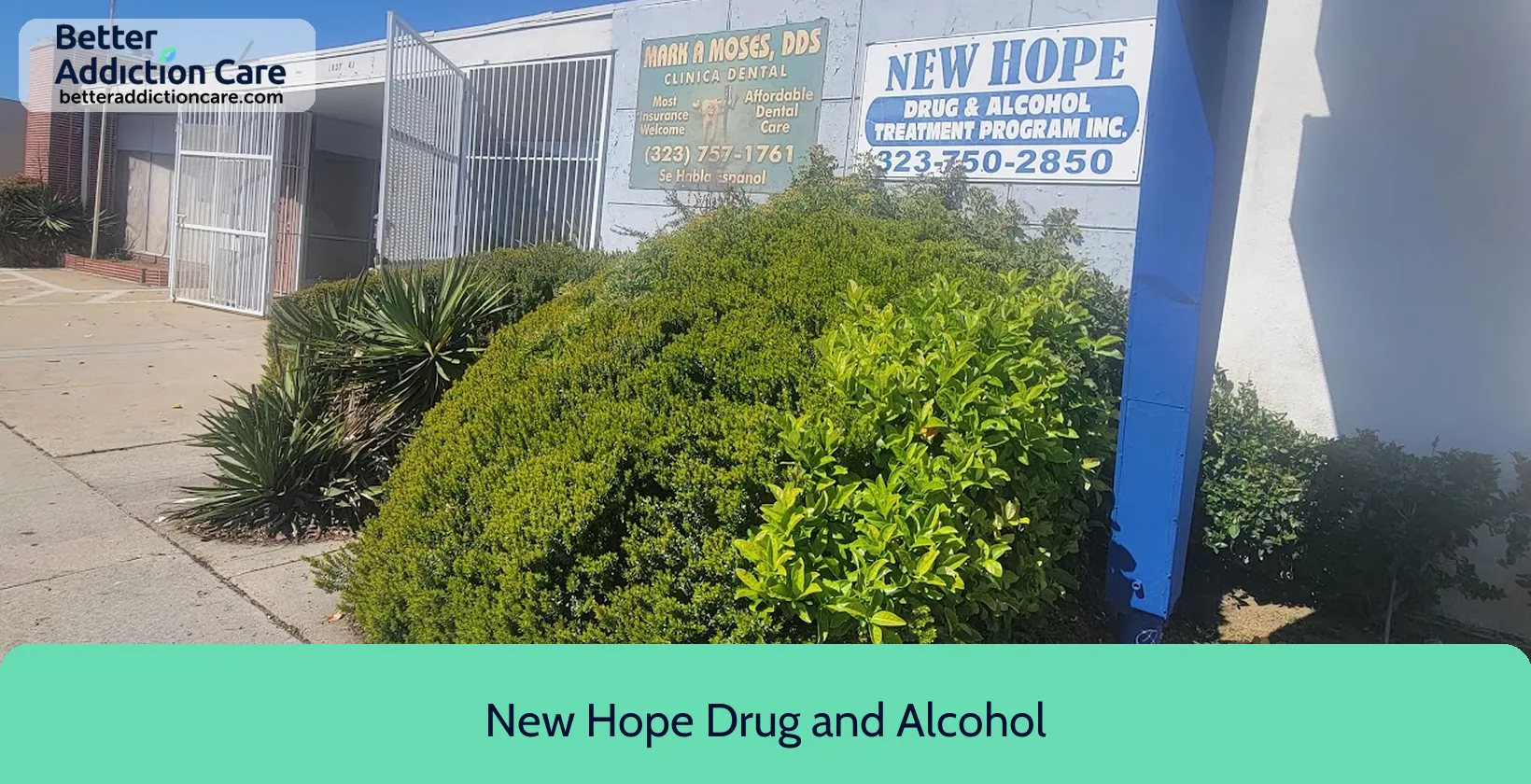


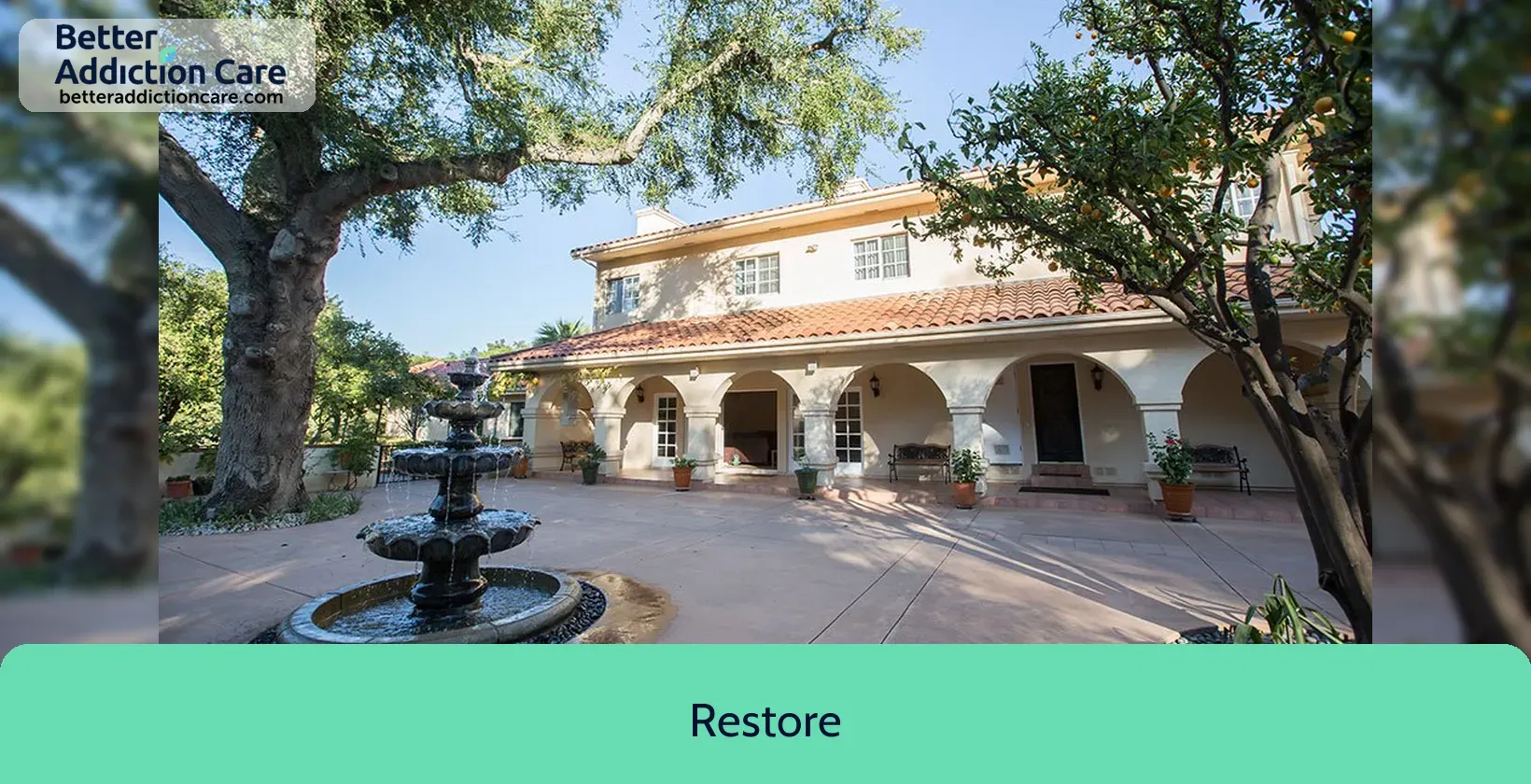

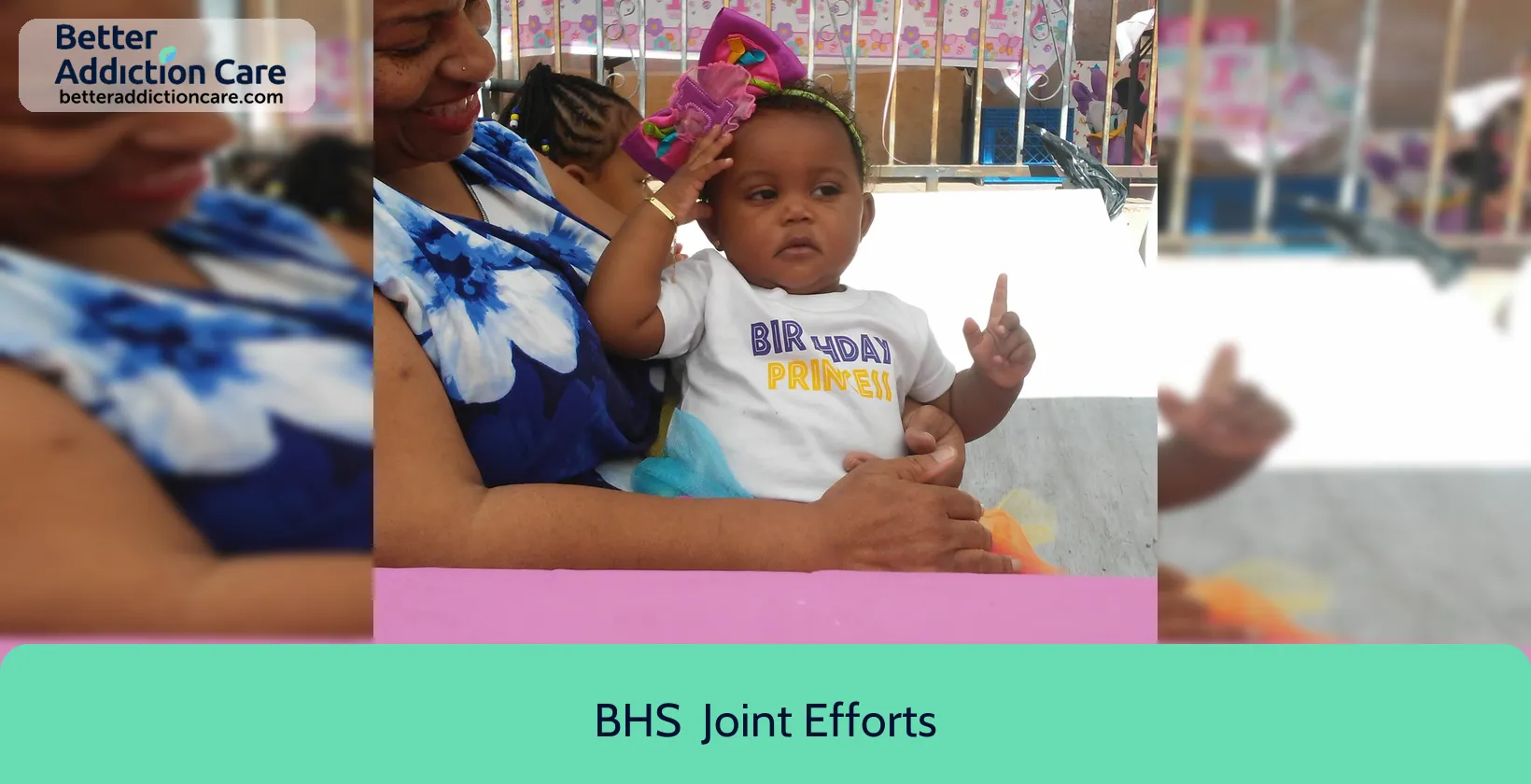
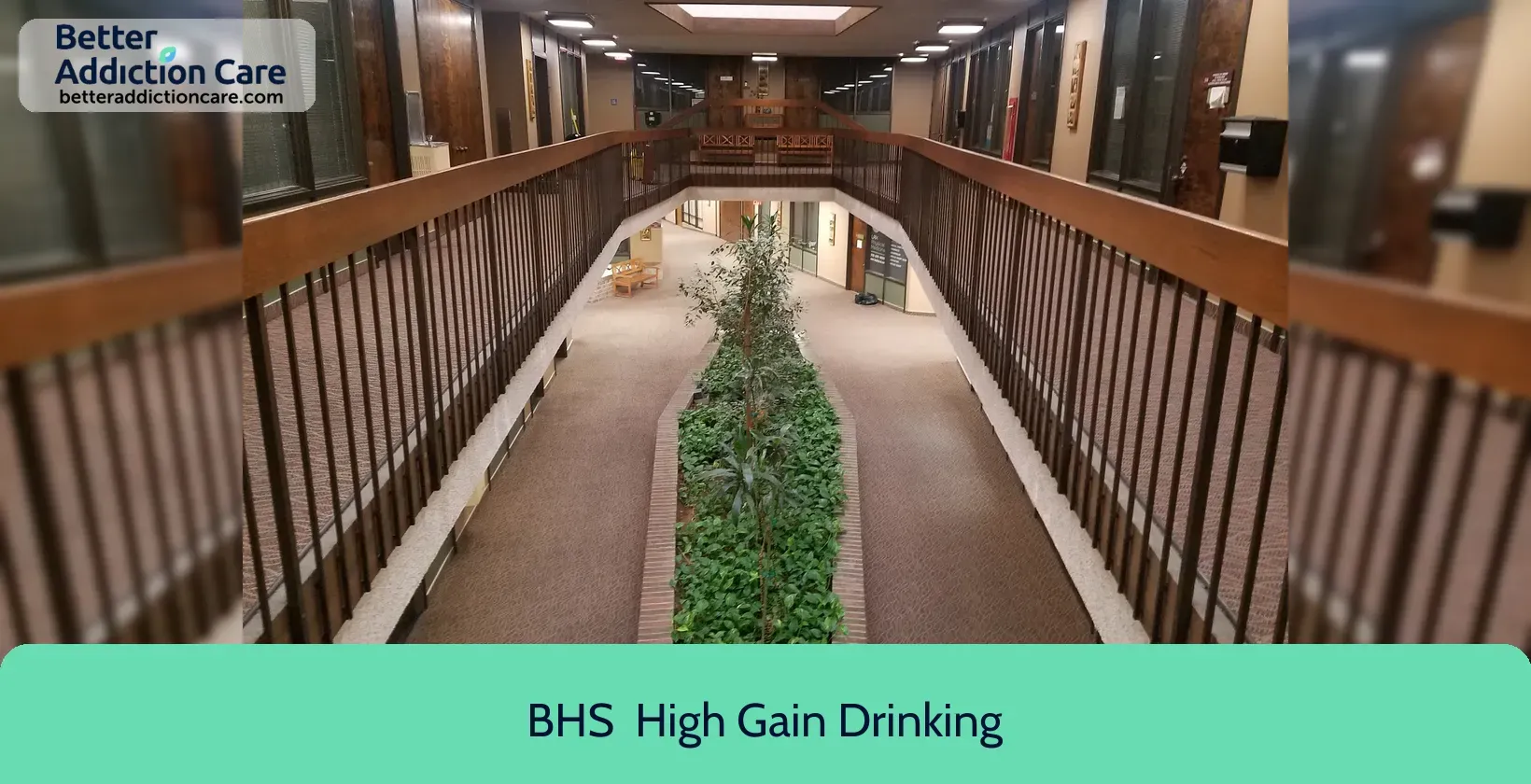



Substance Abuse Statistics for Los Angeles
In 2022, around 17.3% of the U.S. population aged 12 and older had a substance use disorder (SUD). Among all age groups, young adults aged 18-25 had the highest rates of alcohol and drug use disorders.
In Los Angeles, around 1.6 million individuals aged 12 and older used illicit drugs, representing 15.4% of the population. This rate is slightly below the state average but aligns closely with national figures. Substance use is widespread, with half of residents reporting alcohol use in the past month and 20% using marijuana in the past year. Nonmedical use of prescription pain relievers was 4.4%, which is lower than California's averages but similar to national rates. Opioid use is also a massive problem in LA, as the death rate from fentanyl surged tenfold from 2015 to 2019, although prescription opioid deaths decreased by 30%.
How Many Rehab Facilities Does Los Angeles Have?
Los Angeles is home to a wide range of rehab facilities that focus on substance abuse treatment, overdose prevention, and mental health recovery. The city has around 168 centers offering various services, including detox programs, inpatient and outpatient programs, counseling, and holistic therapies, all aimed at supporting long-term recovery and promoting a healthy, sustainable lifestyle.
Approximately 109 rehab centers accept Medicaid, 71 facilities accept Medicare, and about 168 rehab centers work with private insurance companies.
How Much Do Rehab Facilities in Los Angeles Cost?
The cost of drug and alcohol rehabilitation in Los Angeles can vary widely depending on various factors, such as the type of care, length of treatment, and the amenities offered. Whether someone is seeking a basic detox program or a more comprehensive residential experience, the price tag will vary based on the intensity and support provided, making it essential to explore different treatment options.
Though exact figures specific to Los Angeles aren't readily available, we can make estimations based on the information available about rehab facilities in California. For example, the average cost of rehab in California is $56.654. Below you can find the costs of inpatient and outpatient services :
Inpatient rehab facilities:
-
$629.49 per day without insurance coverage
-
$251.80 per day with 60% insurance coverage
-
$125.90 per day with 80% insurance coverage
Outpatient rehab facilities:
-
$56.76 per day without insurance coverage
-
$22.70 per day with 60% insurance coverage
-
$11.35 per day with 80% insurance coverage
However, to get an accurate cost estimate, we recommend you call the rehab facility you’re considering and ask for a detailed breakdown of costs, including what’s covered by insurance and any additional out-of-pocket expenses.
Types of Rehab Facilities in Los Angeles
Los Angeles offers diverse rehab facilities to support your recovery. Here are some of the main types of rehab facilities you can find in the area:
|
Inpatient rehab centers |
Free or Low-cost rehab centers |
Specialized |
|||
FEATURES |
Residential program |
Schedule according to work, school, or other |
Comfortable accommodations |
Basic treatment |
Veterans only |
|
Continuous monitoring |
Day programs (partial hospitalization) |
Holistic activities |
Detoxification programs (in some cases) |
Adolescents only |
|
|
Therapy sessions |
Individualized treatment |
Community support |
Separated by gender |
||
|
Intensive care |
Therapy sessions |
Gourmet food |
Government involvement |
Programs for individuals with co-occurring disorders |
Los Angeles Rehab Insurance
Health insurance plays a crucial role in making treatments accessible and affordable. It helps cover the costs associated with drug rehab and protects against high medical expenses. It's important to review your insurance plan carefully to understand what is covered and to ensure you receive the necessary support for a successful recovery, including additional services, such as holistic treatments like acupuncture and massage, which may not be included in all policies.
In Los Angeles, insurance coverage for rehab services can differ significantly depending on the plan. Commonly covered treatments include medical detox, medication maintenance, residential addiction treatment, and intensive outpatient addiction treatment.
Here’s a general list of common insurance providers and plans that rehab centers in the area may accept:
Choosing the Right Rehab Center in Los Angeles
Los Angeles rehab centers are available for all levels of care. However, it's essential to consider several factors to find the one that best suits your needs and preferences. Here are some tips to follow when selecting the right rehab center for substance abuse treatment:
-
Search for rehab facilities closer to your location.
-
Check costs and insurance coverage (Medicaid, Medicare or Private insurance)
-
Verify accreditation and licensing of the healthcare professionals and rehab centers by the Joint Commission of Accreditation or Commission on Accreditation of Rehabilitation Facilities (CARF).
-
Look for facilities offering evidence-based treatments such as cognitive-behavioral therapy (CBT) and medication-assisted treatment (MAT).
-
Review success rates of rehabilitation and read the comments of people who have been there before. You may find them from Narcotics Anonymous (NA) or Alcoholics Anonymous (AA).
-
See the treatment approach and goals of the center.
-
Make a decision. It’s never easy to start something new, but with adequate preparation, you can succeed!
Explore the Best Los Angeles Rehabs
Los Angeles has many rehab centers to fit different needs, whether you need intensive care, flexible outpatient rehab options, detox help, or treatment for both addiction and mental health issues. When choosing a rehab center, ensure it’s properly accredited and licensed, and check that it offers a complete treatment plan. Some centers specialize in certain types of addiction or groups of people, while others provide a broader range of services. A supportive and caring environment can make a big difference in your recovery.
Common Questions About Better Addiction Care
Take a look at our FAQ. We've tried to fill it with all the answers you're looking for. And if not, contact us on (800) 429-7690.
Many people still misunderstand addiction, viewing it as a moral failing or lack of willpower rather than a complex, chronic disease. This misconception can lead to negative judgments about those who seek help.
Additionally, there is a perception that attending rehab signifies personal weakness or failure, which can discourage individuals from pursuing treatment. Overcoming these barriers requires increased public education about addiction, fostering understanding and empathy, and creating supportive environments for those in need of help.
If you need help for both addiction and mental health issues, it’s crucial to seek treatment that addresses both conditions simultaneously. Integrated care, often referred to as dual diagnosis or co-occurring disorder treatment, is designed to handle both addiction and mental health disorders together. Look for facilities that offer specialized programs with experienced clinicians trained in treating both conditions.
If you’re considering leaving treatment, it’s crucial to carefully evaluate your reasons and potential consequences. Start by discussing your concerns with your treatment team, as they can provide insights into your progress and address any issues you face. Understand the risks associated with leaving treatment prematurely, including the increased risk of relapse. Explore alternative solutions or adjustments to your current program that might address your concerns without leaving.
